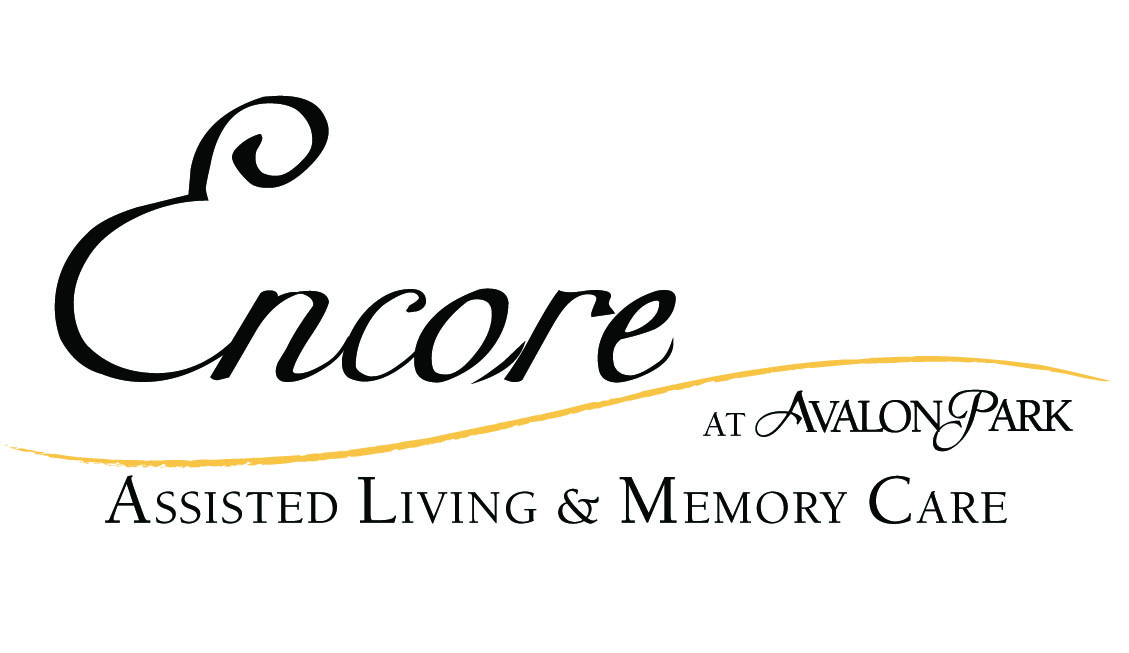
12 Common Scams Seniors Can Avoid

Fraudsters and identity thieves know no bounds. They’ll target anyone they think has a sizeable savings account and is unfamiliar with technology, which is most often senior citizens. They conduct scams through any means they can, which is often over the telephone, online, or even in person. Here are some of the common scams that are committed against seniors and ways they can avoid being easy targets.
12 Common Scams Targeting Seniors
- Identity Theft: Identity theft is a common type of fraud where a scammer will steal someone’s personal information and illegally use their identity. This is usually done over the phone or on the internet.
- Medicare Scams: While scams are always a shameful act for anyone to commit, Medicare scams are a new low. Thieves pose as Medicare representatives and try to trick elderly people into revealing personal information.
- Fake Viruses: Fake viruses are extremely common for anyone that uses the internet. Your computer may open a pop-up window that claims you have a virus on your computer and to download a virus scanner to get rid of it. However, this “virus scanner” does the opposite and, if downloaded, allows criminals access to your private information.
- Tax Fraud: Scammers can claim tax returns if they get access to others’ social security numbers and IDs. This is typically done on the internet or over the phone.
- Telemarketing Schemes: Criminals can pose as any identity they can think of whenever they perform a telemarketing scheme to get your personal information, credit card numbers, or whatever they are seeking.
- Funeral Scams: In this cruel scam, the surviving family of someone who has passed can be targeted into paying a “debt” that the deceased has left behind; a debt that isn’t real and has been made up by a scammer.
- Charity Scams: In charity schemes, a thief pretends to be a representative for a charity organization and calls people to ask for a credit card or bank information to make a “donation.”
- Investment Schemes: Investment schemes are extremely common and involve a criminal asking for an investment in a company or cause that will yield a big return. The adage “If it sounds too good to be true, it probably is” applies here.
- Overdue Utilities: Scammers will act as utility workers and contact you about paying fake bills. They often lie and threaten to shut off your utilities if you don’t make an immediate payment.
- The Pigeon Drop: This classic scam involves a con artist pretending that they have a sum of money they’re willing to share, as long as you’re able to first give them a little bit of money as a deposit.
- The Family Member in Need: In another new low for scammers, a criminal pretends to be a family member in need of emergency money, most often due to an injury or accident.
- The Grandparent Scam: In a similar form to the family member in need scam, a thief pretends to be the grandchild of the person they’re contacting and asks for tuition money, car funds, or money for other various reasons.
How Seniors Can Avoid Common Scams
The best way for seniors to avoid being scammed is to not reveal personal information such as their date of birth, bank account, or social security number online or over the phone to any questionable, unknown, or unverified sources. Banks, credit card companies, and other official lenders and government entities will never contact a customer, either through email or phone call, to confirm their personal information. Seniors should also know not to answer calls from unknown numbers and to be wary of text or emails claiming that they won a contest that they don’t remember entering.
It’s important to stay vigilant and conceal your senior loved one’s private information to protect them from scammers and thieves. However, most seniors are trusting of others and need help and constant monitoring to protect them from untrustworthy scammers who are out to swindle them of their life’s savings. If the senior in your life requires attentive care that you are unable to provide, then consider the assisted living community at Encore at Avalon Park.
Experience a Safe Environment at Encore at Avalon Park
At Encore at Avalon Park, we value our seniors’ safety and provide them with excellent care, safe surroundings, friendly neighbors and staff, and comfortable accommodations that help them feel at home. Come see why we’re ranked as one of the best assisted living communities in Central Florida. Schedule a virtual tour today by calling us at 407-270-7500.




